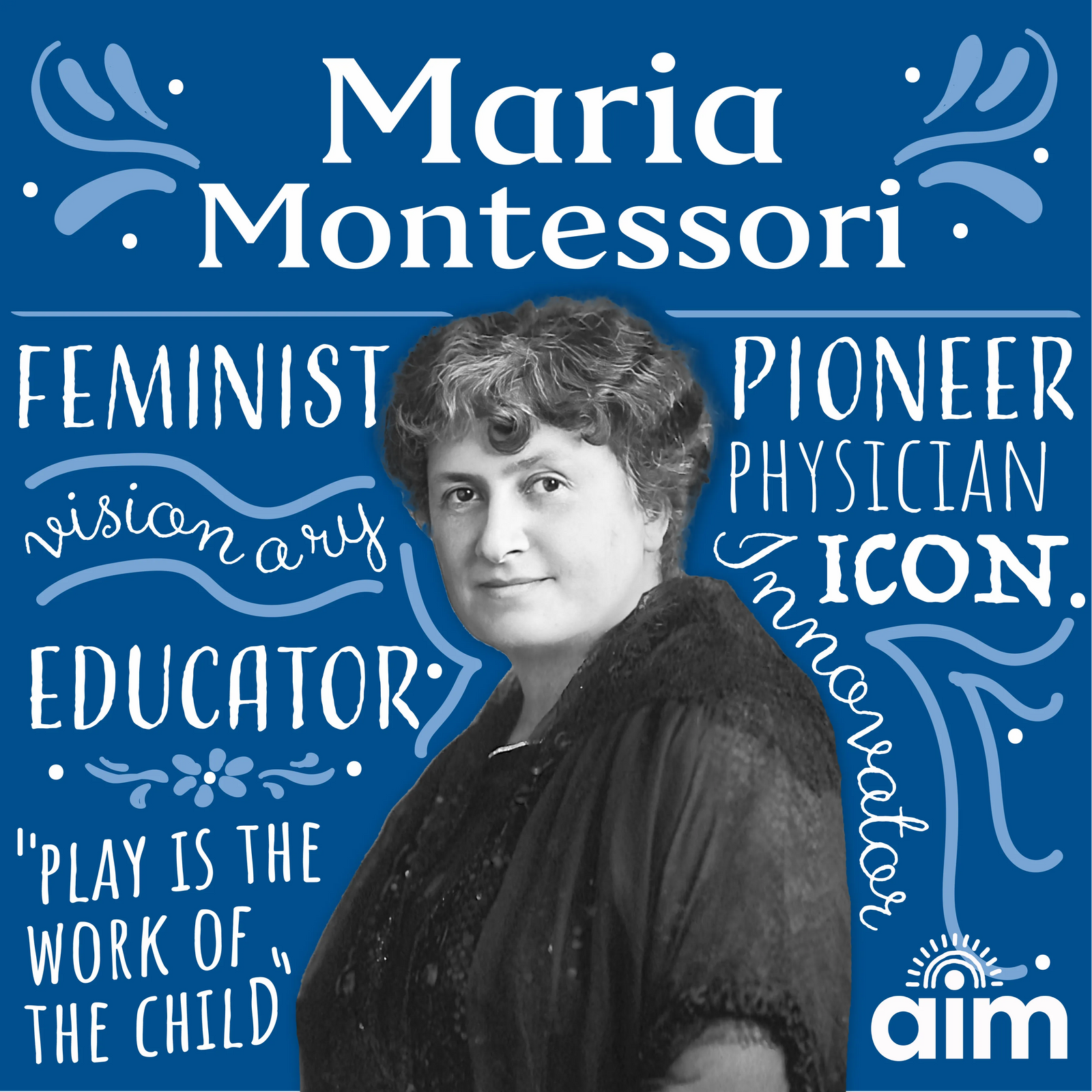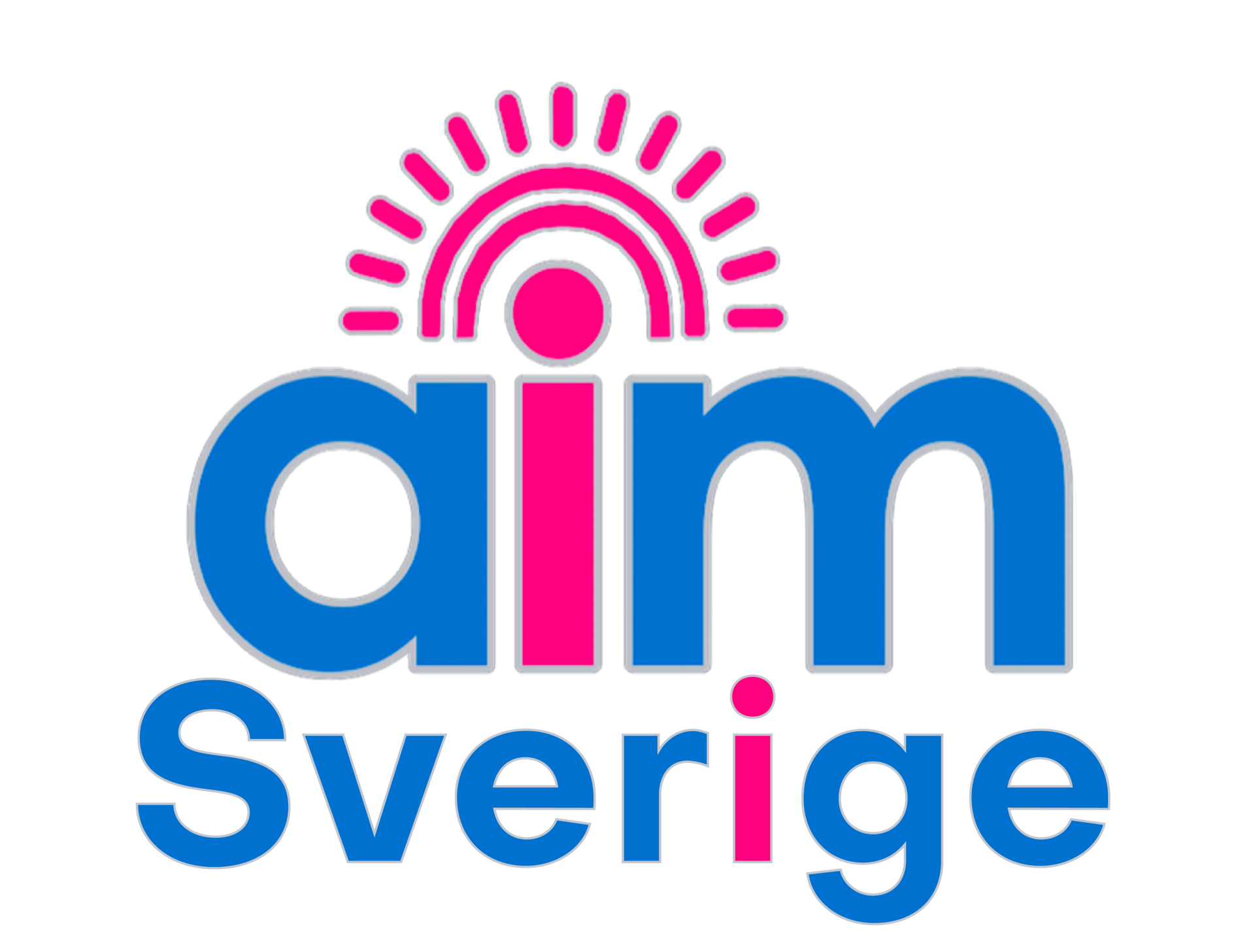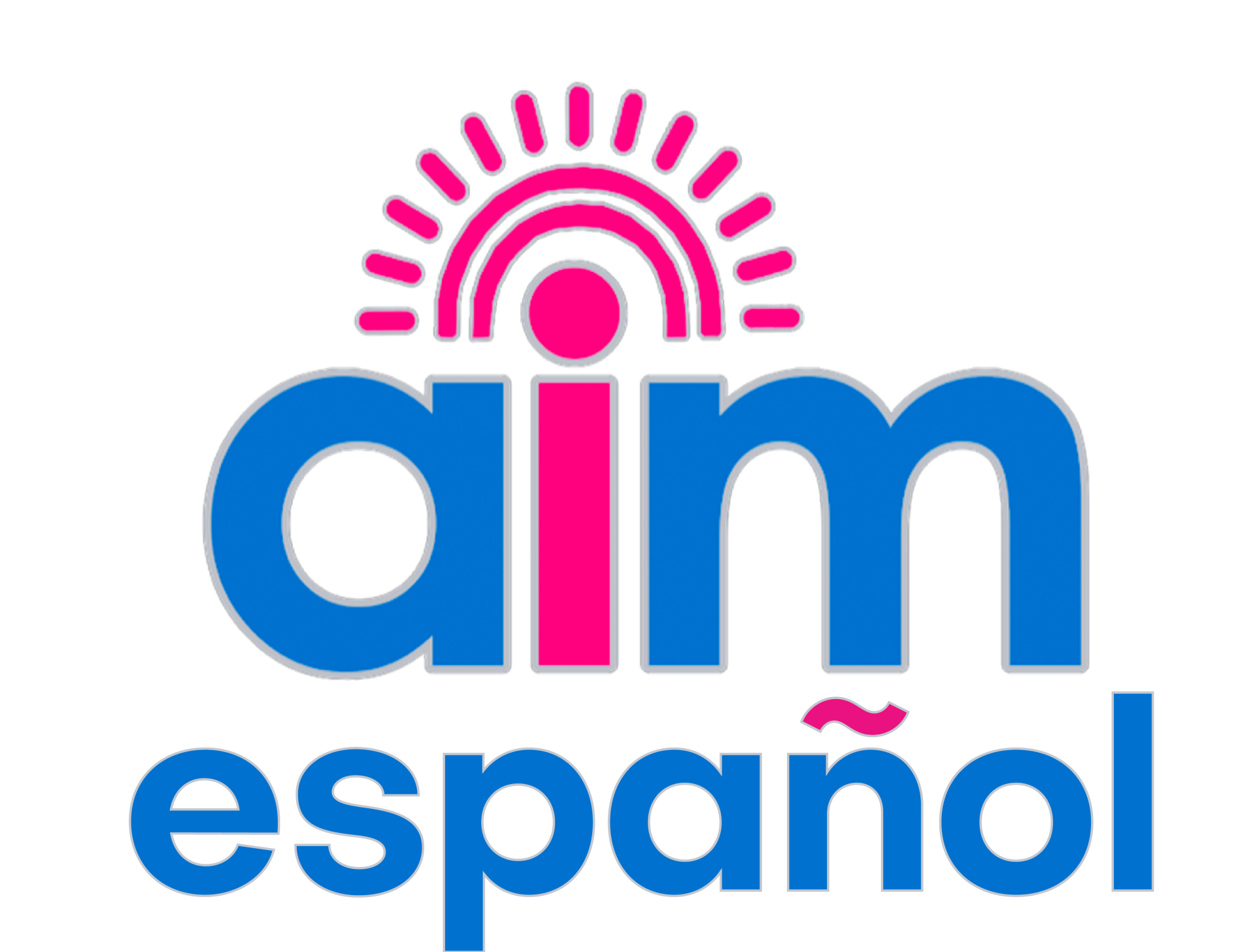“It’s Elementary, my dear Watson.”
Was Montessori the World’s Best Detective?
“The secret of good teaching is to regard the child’s intelligence as a fertile field in which seeds may be sown, to grow under the heat of flaming imagination. Our aim therefore is not merely to make the child understand, and still less to force him to memorise, but so to touch his imagination as to enthuse him to his inmost core.” -- Maria Montessori, To Educate the Human Potential
During the last several weeks while I was creating some mystery activities for a local summer camp program, I thought about how much I enjoyed mysteries. What is it about them that capture so many people’s interest? They spark our imagination. They challenge our analytical mind as we try to make sense of all the clues. They force us to look for the truth in the midst of the unknown. And mysteries incorporate all the elements of learning that an elementary child enjoys – imagining, analyzing, reasoning, researching.
If you were to ask the man on the street, “Who is the best detective in the world?” many individuals probably would respond with Sherlock Holmes, some might say Columbo or perhaps a younger generation would reply that television’s modern-day Monk is. I would imagine that no one would answer, “Maria Montessori”.
Yet, Montessori had much in common with these world-class sleuths. In fact she might have exceeded their investigating skills. My first realization of this was when I moved from Montana, where I taught at a Montessori elementary school for twenty years, back to my hometown in Missouri, where I found a teaching position at a public elementary school. In my new district, I quickly realized that I was going to have to learn a whole new terminology different from my Montessori experience.

Enhancing the Student's Learning
The speakers spoke of the importance for teachers to integrate subjects, differentiate the curriculum to meet the child’s needs and interest, teach character education, incorporate cooperative learning, and arrange field trips as well as bring experts into the classroom, all for the purpose to enhance the student’s learning.
The experts shared their data and brain research about the importance of having the students do research, classify, compare and contrast, use graphic organizers and metaphors and learn an advanced vocabulary in order to increase student learning.
Although we all agreed with most of what the presenters had to say, many of the teachers felt overwhelmed. They couldn’t resolve in their minds how to incorporate all these concepts into their already busy classroom schedule. To most of them it seemed like just one more thing to add to the school day.
Of course I took advantage of every opportunity I had to share Montessori’s philosophy and method used in the elementary classroom. I explained that Montessori addressed all these ideas with the prepared environment. She understood that elementary children had the need to inquire, analyze, research, reason and use their imaginations. Montessori, therefore created lessons that included charts, graphs and timelines, language and math that allowed the children to work at their own pace and interest, as the materials were always available in the classroom. The lessons incorporated such skills as classification, identification, comparing, contrasting, the use of metaphors and an extended vocabulary – all of the expectations the researchers of today state are needed for optimal learning.
Montessori understood that children this age are in the sensitive period to want to socialize with their peers and explore the moral aspects of their lives that they are being taught. The classroom is set up with tables and multi-aged groups so that the social needs are met while working. Montessori teachers arrange field trips not just for the purpose of academic learning, but to practice social skills and to address moral issues. Children learn to respect others through participating in authentic activities inside and outside the classroom. Maria Montessori noted that children benefit from being a part of organizations that encourage respect, teamwork and development of character, in groups such as scouts and 4-H clubs.
Prepared Environment for Elementary Children
The prepared environment gives children the opportunity to learn responsibility while exercising freedom of choice. It meets the three main needs of children this age – academic, social and moral.
After several of our discussions, the teachers stated that it was remarkable that Montessori could have understood children so deeply without the advanced technology of today that educators and scientists use for their research.
I agreed. Maria Montessori observed and noticed behaviors that others either missed or considered insignificant. Because of her love for children, she observed from her heart and was able to understand the meaning of what she saw, not just actions themselves.
She was not a modern-day investigator who relied on forensics or advanced technology to solve mysteries. Rather, she was more like the old-time detective who saw clues, pieces of the puzzle and with time and understanding, learned how to put the pieces together to solve the mystery.
I can understand if Montessori is not known as a successful detective, but I often wonder why she is not acknowledged as the most extraordinary educator. I’m sure if she had worked with Dr. Watson, she too, like Sherlock Holmes, would have said, “It’s elementary, my dear Watson.” And she would have added, “Just observe the children.  Notice their individual footprints and the uniqueness of their fingerprints. They will give you all the clues you need to understand them.”
Notice their individual footprints and the uniqueness of their fingerprints. They will give you all the clues you need to understand them.”






















